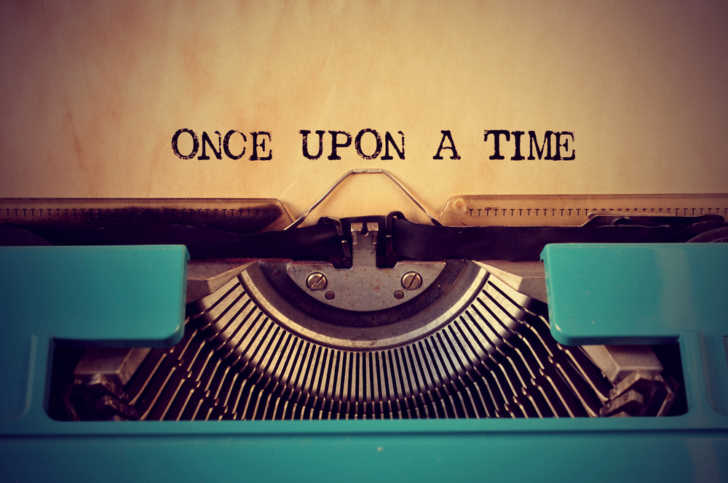10 Dialog Mistakes That Make You Look Like An Amateur
Don’t make these rookie mistakes when writing dialog!
Expository Dialog

Exposition is when you are explaining the story. This is a necessary tool for writers, but it should be used sparingly. Expository comes across as bland and boring – and even more so in a dialog. Expository dialog is when a character is telling the story through conversation. This is the worst kind of telling rather than showing! Instead, focus on how you want the plot to move forward, and use the dialog as a tool to give life to the plot, rather than just explain what is happening.
Name Repitition

Sometimes writers repeat the names of the characters in dialog in an effort to appear more personal, or possibly to ground the reader in the dialog. This actually comes across as clunky, because we don’t normally keep saying the name of the person we’re talking to in real life conversations. Only use names in dialog when you’re trying to get someone’s attention, otherwise use pronouns!
Using Verbs Besides “Said”

Another rookie mistake is to complicate dialog by adding unnecessary verbs to explain how characters delivered their line of dialog. Classic examples include, she yelled, she laughed, she cried, she stuttered, she insinuated, etc. Very rarely are these verbs helpful. Most people can’t laugh while speaking, or cry while speaking, so it doesn’t really make sense for a character to cry through a line of dialog. In the vast majority of dialog, using “she said” works best. If you feel the need to add more you can try, “she said through tears,” or, “she said between bursts of laughter.”
Not Enough (Or Too Many) Dialog Tags

Dialog tends to fall into one of two categories – 1) confusion due to lack of dialog tags, or 2) clunkiness due to too many dialog tags. It takes a special ear to hit the sweet spot. You don’t want your reader to get lost in the back and forth and have to reread conversations multiple times to figure out who is talking. However, you don’t need “said Henry… said Damien… said Henry” after every line. It helps for each character to have their own unique voice and vocabulary (see Voice Confusion), that way the reader can identify the speaker easily without the over-use of dialog tags.
SKM: below-content placeholderWhizzco for CRH

